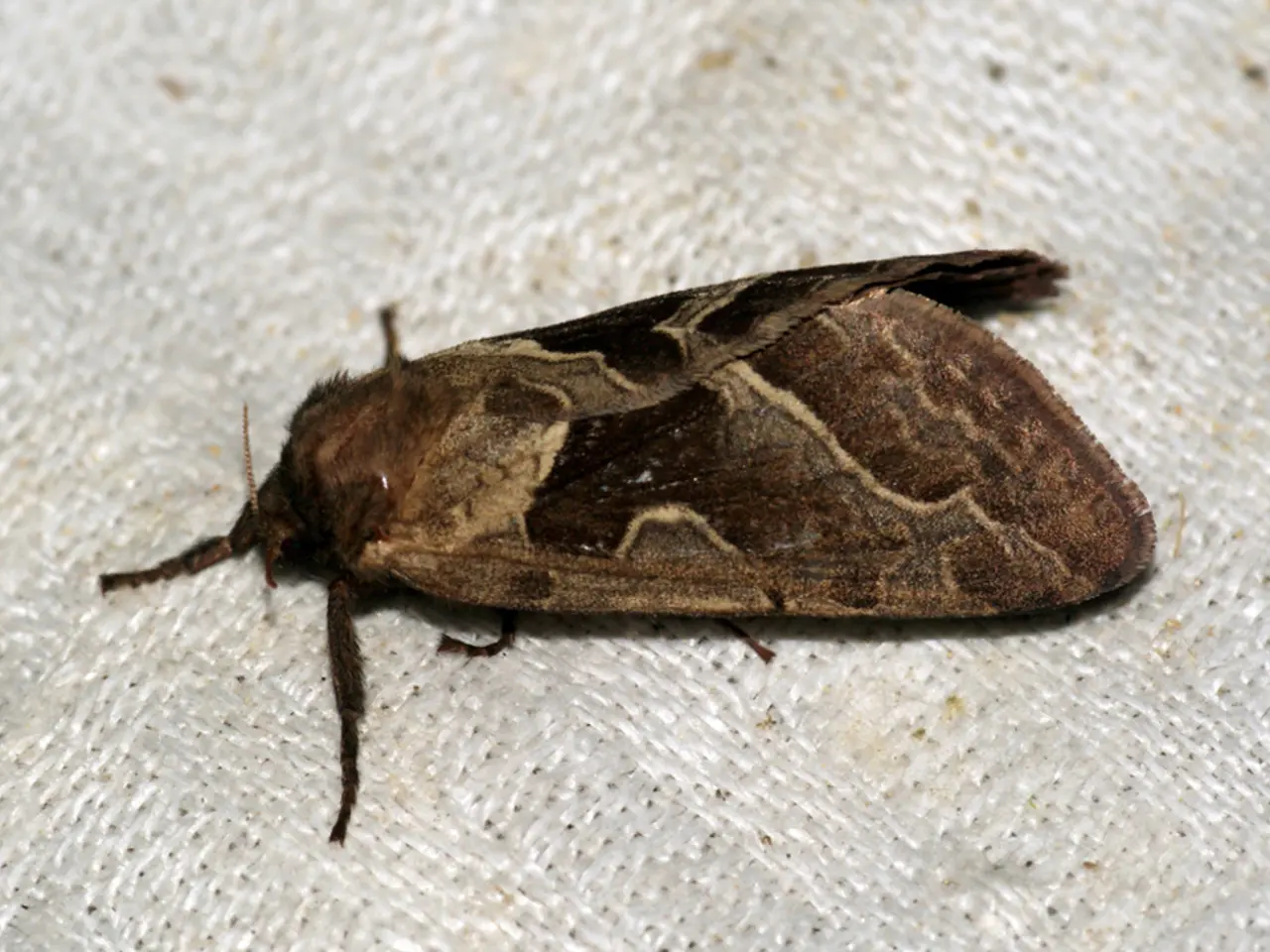Dandruff's potential link to hair loss, explanations of the causes, and therapies available.
For many individuals, dealing with dandruff can be an unwelcome part of their daily routine. However, when combined with hair loss, it can become a source of concern. It's essential to understand that while dandruff itself does not directly cause hair loss, several underlying conditions can lead to both symptoms.
One such condition is Seborrheic Dermatitis, a common scalp disorder characterised by stubborn dandruff, greasy scales, and inflammation. Over time, the chronic inflammation can weaken hair follicles, potentially leading to hair loss.
Another condition, Scalp Psoriasis, is an autoimmune disorder that causes thick, scaly patches on the scalp, intense itching, and irritation similar to dandruff. The inflammation from psoriasis can contribute to hair thinning or loss.
Fungal infections, such as Ringworm or Tinea Capitis, can also cause both dandruff-like symptoms and hair loss. These infections damage hair follicles, resulting in patchy hair loss.
Less common but equally concerning are conditions like Folliculitis Decalvans and Lichen Planopilaris. Both of these conditions initially mimic dandruff but progressively damage hair follicles, leading to scarring and permanent hair loss.
It's crucial to note that any condition that causes the scalp to itch or burn may lead to hair loss due to scratching or twisting of the hair. This emphasises the importance of managing scalp conditions promptly to prevent further hair loss.
If dandruff does not respond to home treatment, if the itching becomes intolerable, or if the hair continues to fall out, it's advisable to see a dermatologist. A proper diagnosis and treatment plan can help prevent or manage hair loss caused by these conditions.
In summary, if you experience both dandruff and hair loss, it's essential to consider these scalp disorders and seek appropriate diagnosis and treatment. Regular shampooing, avoiding tight hairstyles, and carefully following dandruff shampoo instructions can help prevent dandruff-related hair loss. If damage persists, try alternating dandruff shampoo with another shampoo.
Remember, dandruff is a symptom, not a specific diagnosis. Many factors can cause dandruff, such as dry skin, diet, stress, and certain shampoos and hair products. It's essential to address the root cause to effectively manage both dandruff and hair loss.
For those experiencing persistent hair loss, it's essential to consult a dermatologist to ensure that the problem is not something else. Antifungal treatments can help manage fungal infections, while appropriate treatments for conditions like Seborrheic Dermatitis, Scalp Psoriasis, Folliculitis Decalvans, and Lichen Planopilaris can help prevent further hair loss.
By understanding the link between dandruff and hair loss and seeking prompt treatment for underlying conditions, individuals can maintain a healthy scalp and promote hair growth.
- Seborrheic Dermatitis, a scalp disorder marked by persistent dandruff, greasy scales, and inflammation, can weaken hair follicles over time, potentially leading to hair loss.
- Scalp Psoriasis, an autoimmune disorder causing thick, scaly patches on the scalp, intense itching, and irritation like dandruff, can contribute to hair thinning or loss due to the inflammation.
- Fungal infections such as Ringworm or Tinea Capitis can lead to both dandruff-like symptoms and hair loss by damaging hair follicles.
- Less common conditions like Folliculitis Decalvans and Lichen Planopilaris, initially presenting as dandruff, progressively damage hair follicles, resulting in scarring and permanent hair loss.
- Scalp conditions that cause itching or burning might lead to hair loss due to scratching or twisting of the hair, highlighting the importance of managing scalp issues promptly.
- For resistant dandruff, intolerable itching, or continued hair loss, seeing a dermatologist for a proper diagnosis and treatment plan is advisable to prevent or manage hair loss caused by these conditions.
- Persistent hair loss should be consulted with a dermatologist to ensure that the problem is not something else, and antifungal treatments can help manage fungal infections.
- By comprehending the connection between dandruff and hair loss and seeking early treatment for underlying conditions, individuals can maintain a healthy scalp and foster hair growth.




